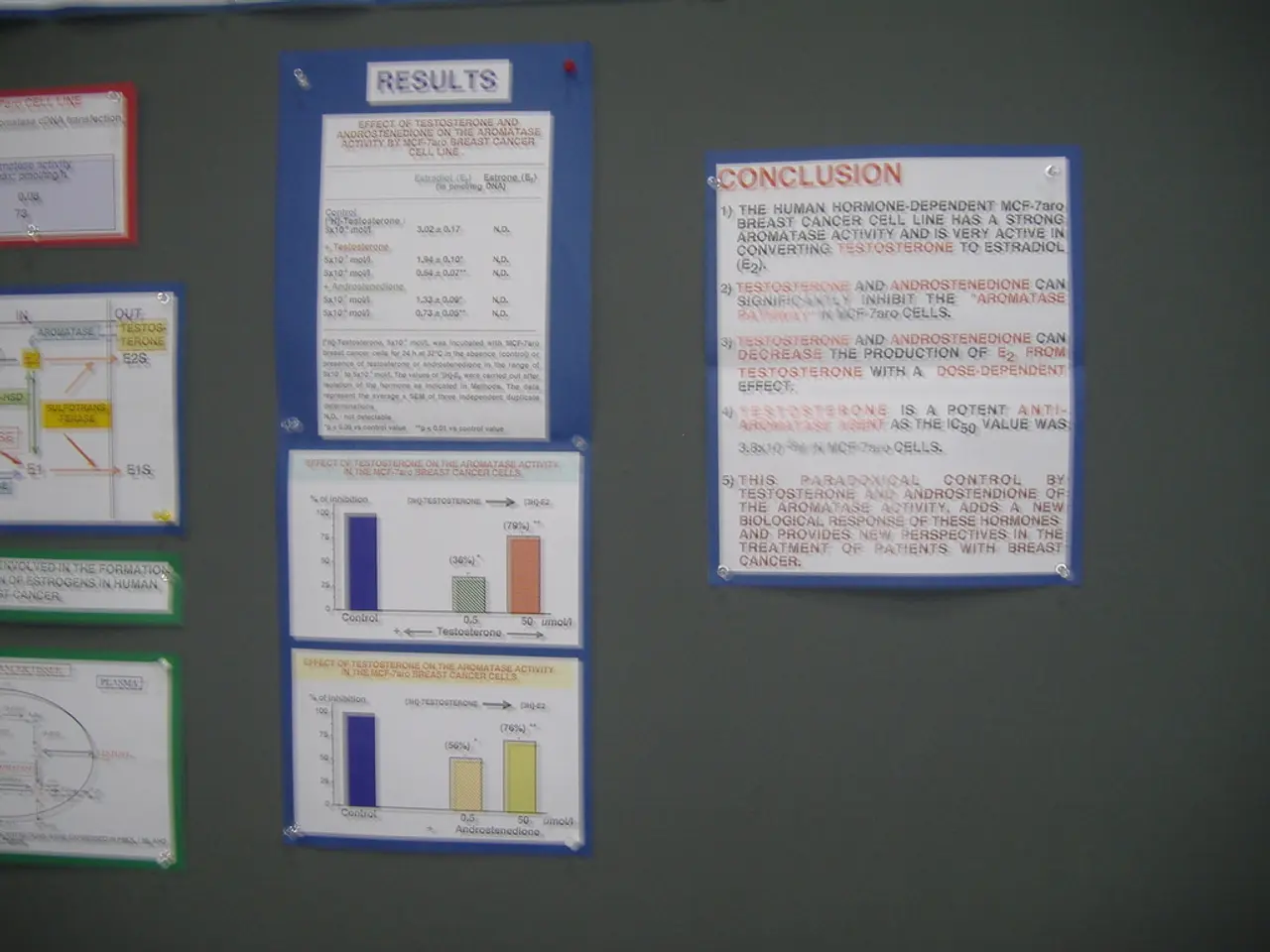Ghanaian Parliament Passes Bill to End Contentious Electronic Taxation
The Ghanaian government has taken a significant step towards addressing public concerns and boosting economic growth by repealing the Electronic Transfer Levy (E-Levy). The decision, passed on March 26, 2025, comes after a year of controversy surrounding the tax on electronic transactions.
The main reasons for the repeal were widespread opposition to the E-Levy, especially among low-income earners and the unbanked population, who felt disproportionately affected by the 1.5% tax on mobile money transfers, bank transfers, and online payments. This controversy, coupled with concerns about the levy's potential negative impact on growth and financial inclusion, led to intense parliamentary debate and public criticism.
President John Dramani Mahama acknowledged the need for the repeal, emphasising the government's aim to foster economic growth and improve financial inclusion. The repeal aligns with broader government tax reforms, following guidance from the International Monetary Fund (IMF), which emphasises addressing issues with cascading taxes and minimising tax burdens on households.
The repeal of the E-Levy is a significant step towards alleviating the financial burden on low-income earners and the unbanked population. It is also expected to boost consumer spending and economic growth, potentially freeing up resources for alternative revenue generation strategies.
The bill for the repeal now awaits President Mahama's assent to become law. The administration is confident that the necessary legislative processes will be completed promptly. The repeal could potentially improve the perception of the government among the public and businesses, marking a positive step towards economic recovery and development.
Sources:
- The Ghanaian Times
- Citi FM
- Myjoyonline
- President John Dramani Mahama's statement
- IMF Guidance on Tax Reforms
The repeal of the Electronic Transfer Levy (E-Levy) is a significant step in Ghanaian policy-and-legislation, aimed at boosting economic growth and addressing public concerns over the tax's disproportionate impact on low-income earners and the unbanked population.This move in politics aligns with the government's broader tax reforms, emphasising financial inclusion and minimizing tax burdens on households, as per IMF guidance on tax reforms.







